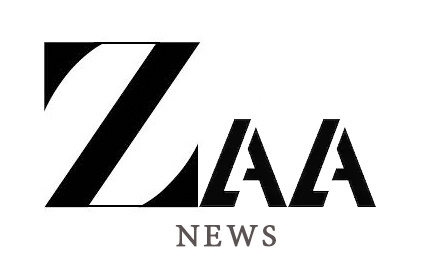Sports News
IPL 2024: KKR vs LSG
Sunil Narine led a great batting effort for KKR, which allowed them to amass 235/6 before defeating LSG by 98 runs on Sunday at the Ekana Stadium. With the victory, KKR amassed 16 points, and their increased Net Run Rate vaulted them above Rajasthan Royals to the top of the rankings. Despite choosing to bowl first, Rahul’s team never appeared in control of the chase thanks to KKR’s batting display, which was the first time 200 or more has been scored at the ground.







